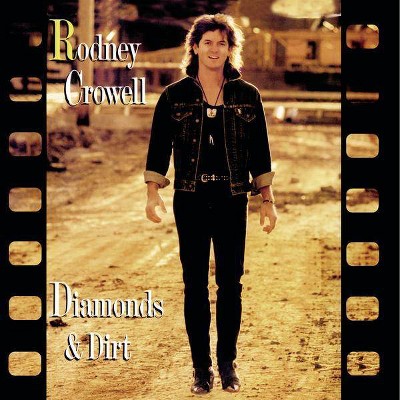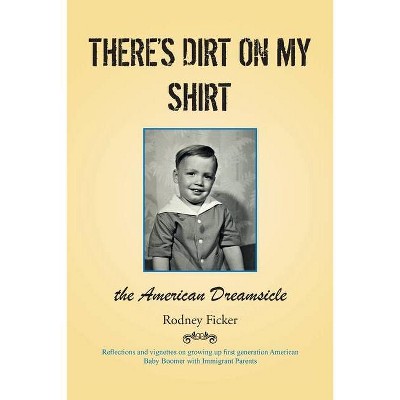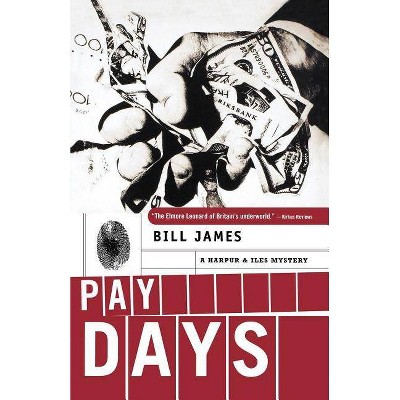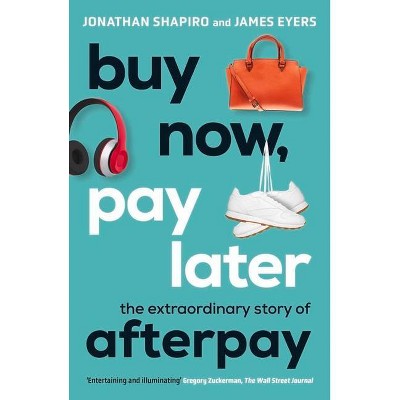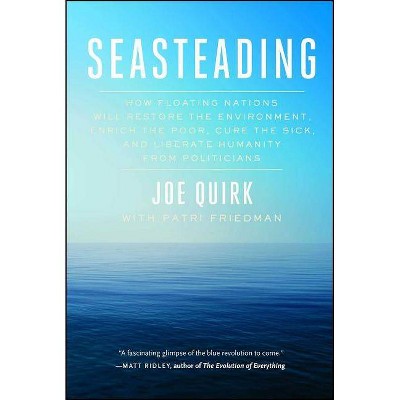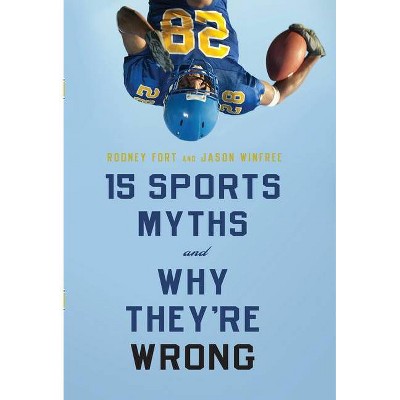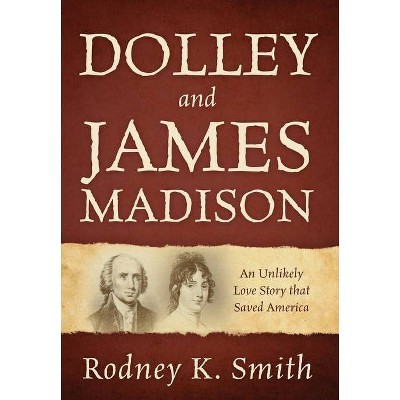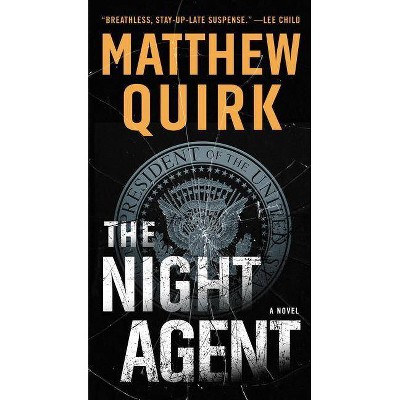Pay Dirt - by James Quirk & Rodney D Fort (Paperback)
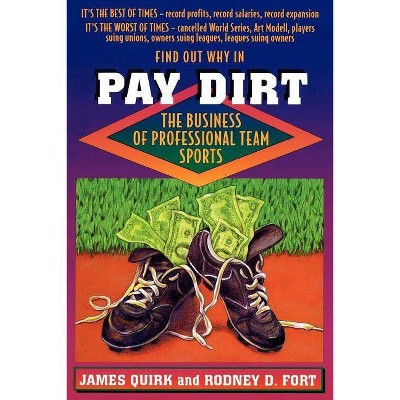
Similar Products
Products of same category from the store
AllProduct info
<p/><br></br><p><b> About the Book </b></p></br></br>The decade of the nineties has seen both pro sports players and owners making phenomenal profits. Now available in paperback, this veritable bible of sports economics clearly explains the effects of salary caps, the reasons why owners fear antitrust hearings in Washington, why sweetheart deals for new stadiums are becoming the norm, and why everyone is making so much money in sportsat the expense of the fans. Photos & illus.<p/><br></br><p><b> Book Synopsis </b></p></br></br><p>Why would a Japanese millionaire want to buy the Seattle Mariners baseball team, when he has admitted that he has never played in or even seen a baseball game? Cash is the answer: major league baseball, like professional football, basketball, and hockey, is now big business with the potential to bring millions of dollars in profits to owners. Not very long ago, however, buying a sports franchise was a hazardous investment risked only by die-hard fans wealthy enough to lose parts of fortunes made in other businesses. What forces have changed team ownership from sports-fan folly to big-business savvy? Why has <i>The Wall Street Journal</i> become popular reading in pro sports locker rooms? And why are sports pages now dominated by economic clashes between owners and players, cities with franchises and cities without them, leagues and players' unions, and team lawyers and players' lawyers? In answering these questions, James Quirk and Rodney Fort have written the most complete book on the business and economics of professional sports, past and present. <p/><br> <i>Pay Dirt</i> offers a wealth of information and analysis on the reserve clause, salary determination, competitive balance in sports leagues, the market for franchises, tax sheltering, arenas and stadiums, and rival leagues. The authors present an abundance of historical material, much of it new, including team ownership histories and data on attendance, TV revenue, stadium and arena contracts, and revenues and costs. League histories, team statistics, stories about players and owners, and sports lore of all kinds embellish the work. Quirk and Fort are writing for anyone interested in sports in the 1990s: players, players' agents, general managers, sportswriters, and, most of all, sports fans.</p><p/><br></br><p><b> From the Back Cover </b></p></br></br><p>"Blending illuminating (and entertaining) anecdotes with economic analysis, James Quirk leads readers through the increasingly complex labyrinth of a significant industry--professional sports. Along the way he slays the notion that economics is the `dismal science.' He demonstrates that decisions made in the executive offices of sports franchises can be as fascinating as, and can influence, what happens in the games. All Americans are involved in the sports business as ticketbuyers, taxpayers, and participants in the culture that shapes and is shaped by professional sports. So there should be a wide readership for this intelligent guide to reading newspapers' sports pages, which increasingly resemble business pages."<b>--George Will</b></p><p/><br></br><p><b> Review Quotes </b></p></br></br><br>Call this volume <i>The Wealth of Nations</i> of professional sports. Unrivaled in scope, the [book] should stand for quite some time as the basic work from which all descendants will spring.<b>---Steve Gietschier, <i>The Sporting News</i></b><br><br>One of Choice's Outstanding Academic Titles for 1993<br><br>The book is written in a reader-friendly fashion, is chock-full of anecdotes, is conceptually sound, and is bulging with useful data. <i>Pay Dirt </i>is a solid scholarly contribution to the literature on the economics of sports.<b>---Gerald Scully, <i>Journal of Political Economy</i></b><br><p/><br></br><p><b> About the Author </b></p></br></br><b>James Quirk</b> is retired Professor of Economics at California Institute of Technology. He is a widely recognized expert on the economics of sports, and is the author of <i>Minnesota Football: The Golden Years, 1932-1941</i>. Rodney D. Fort is Associate Professor of Economics at Washington State University. He has written for numerous sports publications, and is the President of the Local Youth Baseball Association.
Price History
Price Archive shows prices from various stores, lets you see history and find the cheapest. There is no actual sale on the website. For all support, inquiry and suggestion messagescommunication@pricearchive.us
